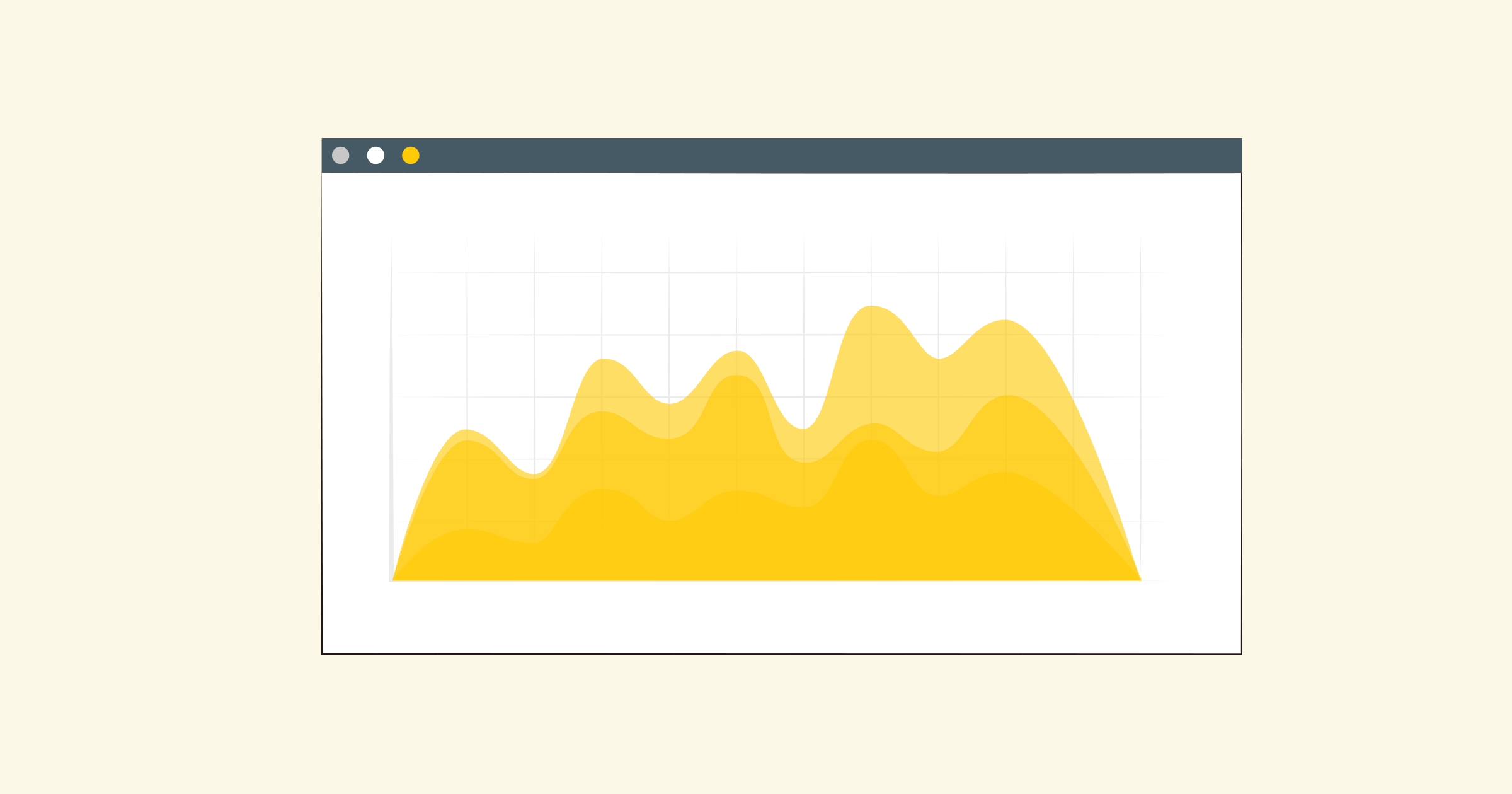What is a Proxy and How Does it Work?
In the world of technology and internet browsing, the term "proxy" is often mentioned, but what exactly does it mean? In this blog post, we will explore the definition of a proxy and discuss how it works.
1. Definition of a Proxy
A proxy, in simple terms, is an intermediary server between a user's computer or device and the internet. When a user requests a certain web page or resource, the request is first sent to the proxy server, which then forwards the request to the target server. The target server then sends back the requested data to the proxy server, which in turn sends it back to the user.
To put it simply, a proxy acts as a middleman between a user and the internet. It masks the user's IP address and hides their online activity, providing a layer of privacy and security.
2. Types of Proxies
There are several types of proxies available, each with its own set of functionalities:
a. HTTP Proxies: These types of proxies are specifically designed to handle web traffic. They are widely used in web scraping, data mining, and online anonymity. HTTP proxies can be either transparent, anonymous, or elite, depending on the level of anonymity they provide.
b. SOCKS Proxies: SOCKS (Socket Secure) proxies are more versatile and can handle different types of internet traffic, including emails, file transfers, and streaming media. They operate at a lower level than HTTP proxies and can handle both TCP and UDP connections.
c. Residential Proxies: Residential proxies use IP addresses provided by Internet Service Providers (ISPs). They provide a higher level of anonymity as they resemble real users' IP addresses. Residential proxies are often used for activities that require multiple IP addresses, such as web scraping, online advertising, and social media management.
d. Datacenter Proxies: Datacenter proxies are servers hosted in data centers. They are often more affordable than residential proxies and are commonly used for tasks that require high-speed connections, such as data mining and market research.
3. How Does a Proxy Work?
When a user connects to the internet without a proxy, their IP address is visible to the websites they visit. However, when a user connects through a proxy server, the server's IP address is visible instead of the user's.
The process of using a proxy involves the following steps:
1. The user configures their device or application to connect to a specific proxy server.
2. The user sends a request to a target website or server.
3. The request is intercepted by the proxy server.
4. The proxy server forwards the request to the target server on behalf of the user.
5. The target server processes the request and sends back the requested data to the proxy server.
6. The proxy server then forwards the data back to the user's device.
By using a proxy, users can bypass certain restrictions, such as regional restrictions on websites or access to blocked content. Proxies also offer enhanced privacy and security by masking the user's IP address and encrypting their internet traffic.
In conclusion, a proxy is an essential tool for many internet users. It acts as an intermediary server between the user's device and the internet, providing enhanced privacy, security, and access to restricted content. Understanding how a proxy works can help users make informed decisions when it comes to internet browsing and online activities.





























